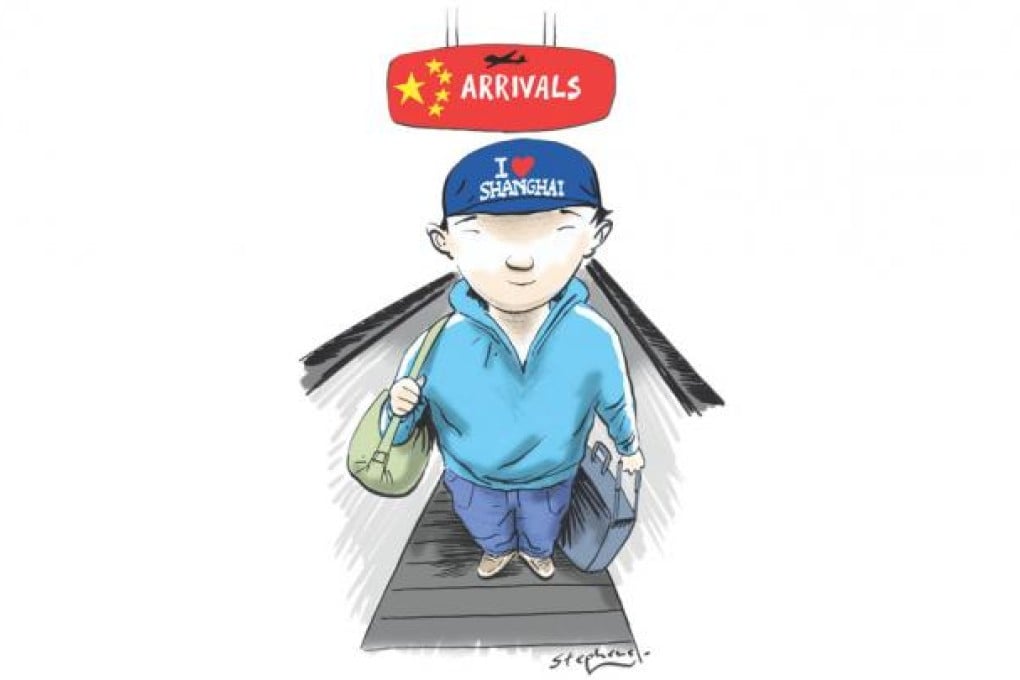How returnees will reshape China
Tom Velk and Olivia Gong say as more young, Western-educated professionals return to a better life in China, their influence on business, society and relations with outsiders will grow

When the prodigal son returned to his father's house, his patrimony was dissipated. He was broke and ashamed. In contrast, when Confucius went back to his native land, freighted with a rich cargo of learning, prudence, experience and hard-won wisdom, he was informed that a rich man's extensive stable had burned down, killing many fine horses. Confucius' first response was to ask: "Was anyone hurt?"
He thereby reminded his audience that the welfare of people is and should be the measure and purpose of our social interactions. His questioning demonstrated the principal concern that should guide the direction of international political and economic relations: Will anyone be hurt? How do countries' well-being stand in the big picture?
In the past decade, China is slowly narrowing its economic gap with the United States. Recent data comparing Shanghai and New York City shows Shanghai has a competitive edge for young people who have the option of living in either city.
China's economy is showing more healthy signs of growth than the US'. Single and married Shanghai citizens, for example, had a larger disposable income than their New York counterparts. Current consumer price index data also indicates prices in Shanghai remain at a lower overall level. Education costs in Shanghai are more affordable. Access to modern health care is more difficult than in New York, but the gap is closing.
Other economic data is just as enlightening: China's gross domestic product growth rate is much higher. Unemployment rates have been steady at about 5per cent, whereas in the US, they have fluctuated between 4 and 10per cent.
Taking all this into account, the narrowing of the "material quality of life" gap is significant: for many young professionals who studied in North America, China has become a more attractive place to live, and an even more attractive base for career expansion than the US.